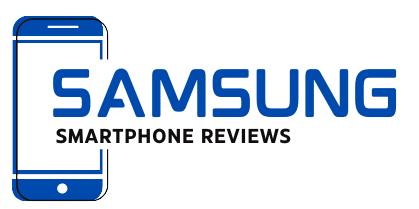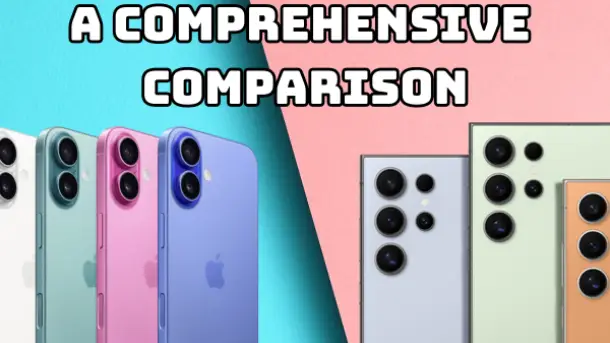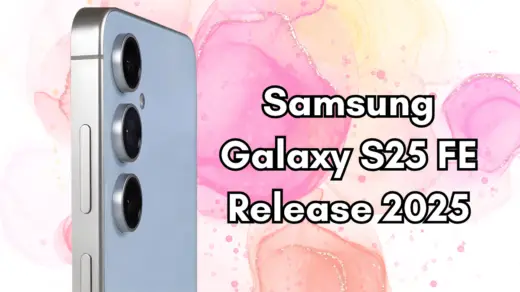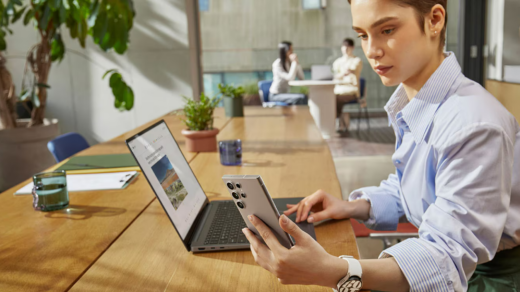In today’s smartphone-centric world, the rivalry between Samsung and Apple’s iPhone has become one of the most discussed topics among tech enthusiasts and everyday users alike. Each brand has its loyal followers, but if you are considering a new smartphone, you might find yourself wondering: Is a Samsung any better than an iPhone? This article delves deep into the features, designs, and functionalities of both brands to help you make an informed choice.
Design and Build Quality
When it comes to design, both Samsung and iPhone have distinct esthetics that appeal to different preferences.
Samsung smartphones, particularly the Galaxy S series, are celebrated for their sleek curves and vibrant displays. The design language incorporates high-quality materials like Gorilla Glass and aluminum, giving them a premium feel. The latest models feature edge-to-edge displays, offering a stunning visual experience for media consumption and gaming. For those who love variety, Samsung offers multiple models with unique designs, from the elegant Galaxy Z Flip foldable to the robust Galaxy Note series.
Samsung’s focus on innovation also extends to color options, allowing users to choose from a wider palette, including bold hues and sophisticated shades. This variety enables users to express their personality through their device.
Apple’s iPhone design philosophy leans toward minimalism and elegance. The latest iPhone models feature a flat-edge design that combines glass and aluminum, creating a sophisticated look. The refined esthetics are complemented by features like Ceramic Shield glass, which offers enhanced durability against drops and scratches. Apple’s consistent design language across generations makes iPhones instantly recognizable.
IPhones are also known for their attention to detail, from the precision of the fit and finish to the quality of materials used. The color choices may be more subdued compared to Samsung, but the premium feel is undeniable.
Comparison
While Samsung provides a diverse range of designs, iPhones excel in delivering a cohesive and premium feel across all models. If you prefer modern esthetics and build quality, both brands have a lot to offer, but your choice will depend on your personal taste.
Operating System
The operating system can significantly impact your overall smartphone experience, influencing everything from usability to app availability.
Samsung runs on Android, specifically the customized One UI. This allows for extensive personalization, enabling users to tweak everything from app icons to the home screen layout. For those who enjoy customization, Samsung provides robust options, including widgets, themes, and various settings to personalize their experience.
The Android ecosystem also offers a broader range of apps compared to iOS. This variety can be beneficial if you are looking for specific functionalities or third-party apps. However, the trade-off can sometimes be fragmentation, where app performance varies across different devices.
iPhones operate on iOS, renowned for its user-friendly interface. With iOS, you receive consistent updates across devices, enhancing security and adding new features. Apple’s focus on user experience means that apps are often optimized for iPhone, leading to smoother performance. The seamless integration within the Apple ecosystem makes it easy to connect your iPhone with other Apple products like Macs, iPads, and Apple Watches.
Another key advantage of iOS is its emphasis on privacy and security. Apple’s stringent app approval process and features like App Tracking Transparency offer users more control over their data.
Comparison
If customization is your priority, Samsung’s Android might be the better choice. However, if you value a streamlined user experience with regular updates and strong privacy features, iOS is hard to beat.
Camera Performance
A smartphone’s camera can be a deciding factor for many users, especially those who enjoy photography.
Samsung smartphones are equipped with advanced camera technology, offering multiple lenses for various shooting conditions. The latest Galaxy S series models feature impressive low-light performance, allowing you to capture stunning images even in dim lighting. With features like excellent Steady video, Space Zoom, and 108 MP sensors, Samsung caters to both casual and serious photographers.
Samsung’s camera app is packed with features, offering a range of shooting modes, including Single Take, Night Mode, and Pro Mode for those who want to manually adjust settings. The versatility in camera options makes Samsung a compelling choice for photography enthusiasts.
iPhones are known for their reliable camera quality. The latest models offer features like Smart HDR and cinematic video recording, delivering natural colors and impressive clarity. Apple’s software optimization ensures that photos look great with minimal effort, making it ideal for users who want to snap great pictures without fiddling with settings.
The iPhone’s video capabilities are also top-notch, often regarded as the best in the smartphone market. Features like Dolby Vision HDR recording and improved stabilization make the iPhone a favorite among content creators.
Comparison
While Samsung offers more versatility with its camera systems, iPhones deliver a more consistent and user-friendly photography experience. Depending on your photography style, one may suit you better than the other.
Price and Value for Money
When it comes to pricing, both brands cater to different segments of the market.
Samsung provides a broad pricing spectrum, from budget-friendly models to high-end flagships. The Galaxy A series offers excellent features for those on a budget, while the S and Note series cater to premium users willing to invest more. This variety allows consumers to choose a device that fits their budget and needs.
Samsung often offers promotional deals and trade-in programs that can make their devices more accessible. This flexibility in pricing means you can often find a good deal on a Samsung device.
iPhones typically carry a higher price tag, especially for the latest models. However, they maintain strong resale value, making them a worthy investment in the long run. The availability of older models like the iPhone SE offers budget-conscious consumers a way to enter the Apple ecosystem without breaking the bank.
While the initial cost may be higher, many users find that the longevity and consistent performance of iPhones justify the expense. Plus, Apple’s commitment to software updates means your device will remain functional and secure for several years.
Comparison
If you are looking for a budget-friendly option, Samsung might be the way to go. But if you are ready to invest in a premium device with long-term value, an iPhone could be worth the price.
Ecosystem and Compatibility
Your smartphone experience is also influenced by the devices you use alongside it.
Samsung offers a range of products, including tablets, smartwatches, and home appliances that integrate well with its smartphones. Features like Samsung DEX allow for a seamless transition from mobile to desktop computing, enabling you to use your phone like a PC when connected to a monitor.
Additionally, Samsung’s SmartThings platform makes it easy to control smart home devices from your smartphone. This integration creates a cohesive ecosystem that can enhance your daily life.
Apple’s ecosystem is renowned for its seamless integration. Features like Handoff, AirDrop, and Continuity make using multiple Apple devices effortless. If you already own other Apple products, an iPhone will enhance your overall experience.
Apple’s AirPods, Apple Watch, and HomePod all work harmoniously with iPhones, providing users with a unified experience. This ecosystem not only improves functionality but also adds to the convenience of managing multiple devices.
Comparison
The two ecosystems offer unique benefits. If you are heavily invested in one brand’s devices, sticking with that ecosystem will likely provide the best experience.
Customer Support and Community
Lastly, let us consider customer support and community engagement.
Samsung provides customer support through various channels, including in-store assistance, online resources, and community forums. However, support experiences can vary depending on your location and the specific product. Samsung has made strides in improving its customer service, but some users still report mixed experiences.
Apple is often praised for its customer service. With dedicated support teams and the Genius Bar in Apple Stores, users can easily get help with their devices. The Apple community is also active, providing forums and support for troubleshooting.
Apple’s commitment to customer satisfaction is evident in its long-term support for devices, with many users receiving software updates for five years or more after the device’s release. This level of support enhances the user experience and fosters brand loyalty.
Final Thoughts: Which One is Better?
Choosing between a Samsung and an iPhone ultimately depends on your personal preferences, lifestyle, and what you prioritize in a smartphone.
If you value customization, enjoy experimenting with different camera features, and prefer a wider range of designs and price points, Samsung might be a better fit for you. Samsung’s innovative designs, versatile camera options, and the Android operating system offer flexibility that many users appreciate.
Contrarily, if you seek a seamless user experience, prioritize privacy and security, and want consistent performance with a reliable ecosystem, the iPhone could be the ideal choice. Apple’s commitment to software updates, excellent customer support, and the ease of integration with other Apple products makes iPhones particularly appealing for those already invested in the Apple ecosystem.
Finally, there is no definitive answer to which brand is better; It truly boils down to your individual needs and preferences. Whether you choose a Samsung or an iPhone, both brands offer high-quality smartphones that can cater to a variety of users. Ultimately, the best choice is the one that aligns with your lifestyle and enhances your day-to-day experience.




